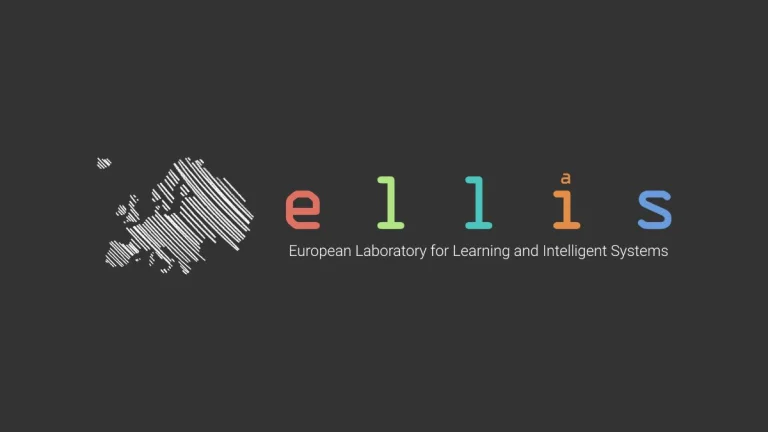



Two ELLIS PhD Award Winners 2020 Announced
The annual ELLIS Ph.D. Awards are sponsored by the Kühborth Stiftung GmbH and have been established to recognize and encourage outstanding research achievements during the dissertation phase of outstanding students working in the field of artificial intelligence and machine learning including related fields such as computer vision and robotics.
From a set of very strong nominations, an international committee of renowned experts chose the following scholars as ELLIS Ph.D. Award winners:
Felix Berkenkamp (Bosch Center for Artificial Intelligence, Germany)
Gül Varol (INRIA & Ecole Normale Supérieure Paris, France)
Felix Berkenkamp (Bosch Center for Artificial Intelligence, Germany)
Safe Exploration in Reinforcement Learning: Theory and Applications in Robotics
Felix Berkenkamp’s dissertation breaks new ground by pioneering provably safe reinforcement learning algorithms and demonstrating them on robotic platforms. His approaches use probabilistic models to cautiously learn about the system online, while eventually enabling increasingly performant behavior as supported by data. The dissertation elegantly integrates ideas from machine learning (such as concentration bounds for Gaussian process models, neural network policies) and control theory (such as Lyapunov stability and model predictive control).
Gül Varol (INRIA & Ecole Normale Supérieure Paris, France)
Learning Human Body and Human Action Representations from Visual Data
The thesis of Gül Varol covers a wide range of challenging and important problems in human analysis within computer vision. In particular, it defined the state of the art in action recognition from videos with the use of long-term temporal convolutions, and it contributed a synthetic data generation framework for advancing human body shape analysis.
The scientific outcomes of the thesis have been followed up and extended by numerous groups. This has been supported by open sourcing of code and datasets.
